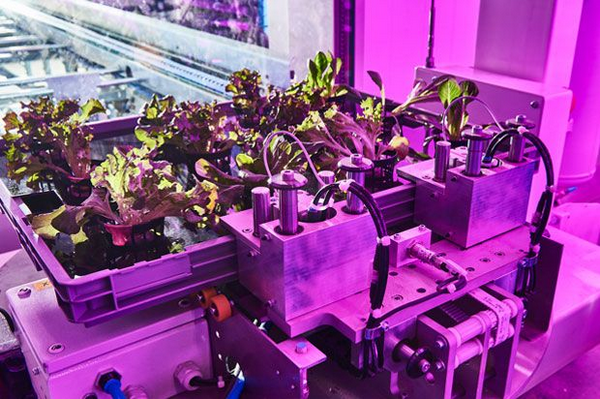The past year has seen indoor vertical farming break loose from its glass ceiling – pun intended, as we in this industry are free from glass ceilings anyway.
No longer a niche or even early-stage industry, the benefits from indoor vertical farming are easy to see in the light of the last year. Food safety, food security for cities, efficient production and increased nutrition are but a few. (Check out our post on Indoor Vertical Farming in a Post-COVID World for more of these incredible benefits.)
However, a recent report by The European Commission – the executive branch of the EU administration – has published findings from a two-year study that provide yet another reason indoor vertical farming will have such an important role in a sustainable future.
The report, titled ‘Setting up and implementing result-based carbon farming mechanisms in the EU‘ examined if a results-based approach to carbon farming could actually assist in the EU’s carbon mitigation efforts. The answer was a resounding yes.

This is positive news for the EU on the whole, but unless your career is focused on peatland restoration or regenerative agriculture, what does it mean for the rest of us in the food industry?
While this recent initiative is really meant to incentivize agricultural methods that actively remove CO2 from the atmosphere, the indoor vertical farming industry can play a pivotal role in supporting this initiative.
- Use renewable energy sources to power our farms to ensure indoor farming practices aren’t adding to the climate crisis.
- Devote ourselves to sustainable packaging including recycled and biodegradable materials.
- Support local, regional, national and EU efforts that decrease carbon emissions (like indoor vertical farming!) or actively sequester carbon.
- Reduce food waste. In Europe alone, the food wasted could feed over 200 million people a year. This waste ends up emitting methane in our landfills – a powerful greenhouse gas.
- Optimize locations for farms so they are efficient, close to consumers, and can utilize local renewable energy sources.
The recent report offers ideas and incentives that support traditional farmers, but the initiative also points out that we need to “help other sectors to decarbonize the food chain” and, perhaps most importantly, that “our climate action must first and foremost reduce human-made emissions.”
 For more information:
For more information:
Urban Health Farms
info@urbanhealthfarms.com
www.urbanhealthfarms.com
